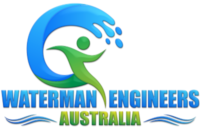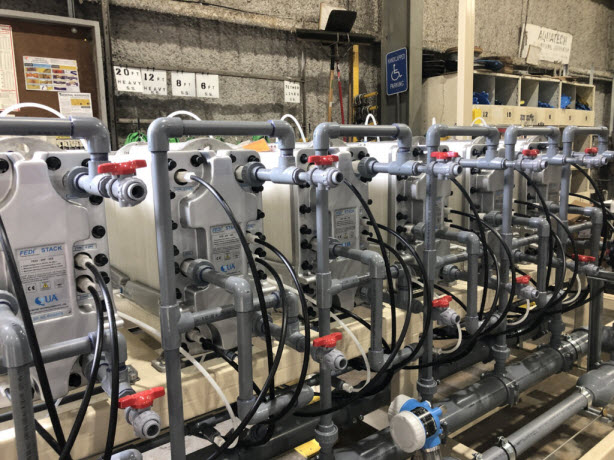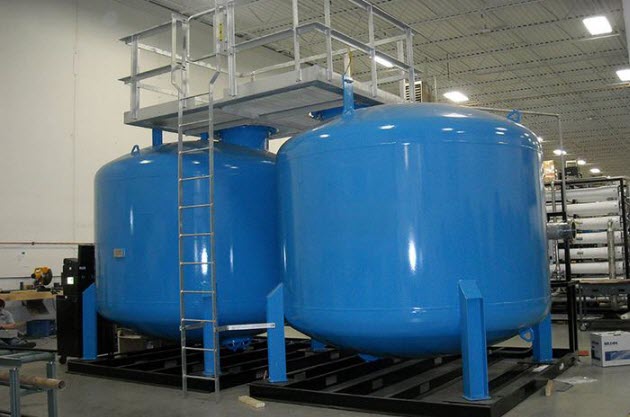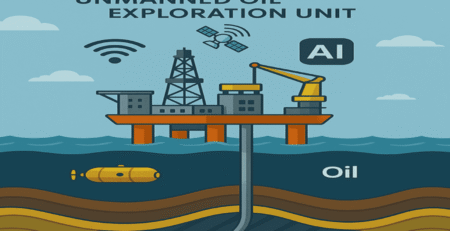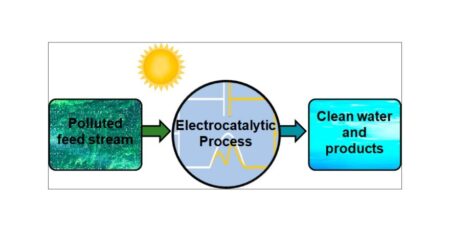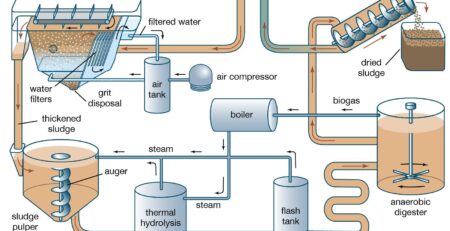Ethiopia Market for Pharma Grade Water Plant
Pharma Grade water plants are used to filter water by various types of filtration system which are used in pharmaceutical industry. A high-tech business, the pharmaceutical industry requires a wide range of equipment and facilities. The government of Ethiopia has been implementing a number of strategies to strengthen local pharmaceutical production in the country.
Market Size for Pharma Grade Water Plant
The Ethiopian market for Pharma-Grade Water Plant has a total market size of about ETB 170 million in 2019 and is expected to increase. This is due to the increasing prevalence of chronic diseases and a growing demand for generic prescription drugs, which are available at lower prices in the country.
The government of Ethiopia has been implementing a number of strategies to strengthen local pharmaceutical production in the country. These initiatives aim to improve access to essential medicines and reduce the reliance on imports. The government has also collaborated with the World Health Organization and launched the National Strategy and Plan of Action for Pharmaceutical Manufacturing Development in Ethiopia, which is aimed at increasing the country’s pharmaceutical production and improving medicine quality.
Despite these efforts, there are still significant gaps in the availability of essential medicines and local production capacity (37). Moreover, the current economic environment and political instability have impeded the development of the pharmaceutical industry.
However, the government has a strong focus on industrialization and is encouraging manufacturers to set up or revamp existing production facilities in the country through tax incentives. It has also launched a comprehensive growth and transformation plan to develop the industrial sector, increase employment, and reduce poverty levels in the country.
The market for Pharmaceutical-Grade Water Plant is expected to grow rapidly. As it is an essential ingredient in the formulation and manufacture of active pharmaceutical ingredients, intermediates and analytical reagents. It is used as a raw material for synthesis, as a cleaning agent, and to produce finished products. Depending on the product, different water grades are required and can be produced and packaged using various processes.
Market Trends for Pharmaceutical Industry in Ethiopia
Water is an essential ingredient in the manufacturing of pharmaceuticals. It is used for the processing of a range of active pharmaceutical ingredients and excipients, which are inactive substances that act as vehicles or mediums for a drug. Various grades of water are required for different pharmaceutical processes, including bulk, hygienic and packaged waters.
Pharmaceutical production is a critical aspect of global health and healthcare, as it contributes to addressing a broad spectrum of diseases. However, the majority of medicines produced for local consumption are imported, which poses challenges in terms of quality assurance, access and affordability. The Ethiopian government has put in place a number of policy and investment incentives that are expected to stimulate growth of the domestic pharmaceutical sector. These include tax-free loans for up to 70% of new investments and a 100% customs duty exemption on imports. By these pharmaceutical sectors the demand for pharma grade water plant can be increased.
The government has also developed a national strategy and plan of action for the development of the pharmaceutical industry. Its focus is on increasing local pharmaceutical production, improving the quality of medicines and strengthening the national medicine regulatory system.
While the Ethiopian pharmaceutical manufacturing industry has grown significantly over the years, it operates below its capacity and satisfies only 15 to 20% of the demand for essential medicines. Moreover, it has limited product portfolios and can supply only 90 of the more than 380 products on the national essential medicines list.
In order to overcome these challenges, the Ethiopian government has introduced a number of initiatives, including the establishment of Kilinto Pharmaceutical Industry Park, which is Africa’s first dedicated industrial park for the pharmaceutical manufacturing industry. The park has a total land area of 279 hectares, with 136 hectares dedicated to pharmaceutical manufacturing.
Market Opportunities for Pharma Grade Water Plant in Ethiopia
The Ethiopian market for Pharma-Grade Water Plant offers a number of key opportunities for international manufacturers. The country’s growing middle class and urbanisation rate, expanding healthcare infrastructure, and strong economic growth can drive demand for local production. In addition, a number of policy reforms and incentive schemes have been put in place to support the development of competitive pharmaceutical manufacturing sector.
The government has a clear and comprehensive strategy to develop the local manufacturing industry. Its National Strategy and Plan of Action for Pharmaceutical Manufacturing Development (NSPAPMD) sets out to increase production capacity, improve quality, and strengthen the national medicine regulatory system.
Ethiopia’s pharmaceutical industry is a knowledge- and technology-intensive industry that plays an irreplaceable role in the health of its population. However, it faces challenges that hinder the development of sustainable pharmaceutical production. These include lack of access to adequate finance, insufficient capacity to meet local and regional market demands, and reliance on conventional manufacturing technologies.
As the demand for medicines and medical devices in developing countries increases, the demand for pharma grade water plant can also increase. The pharmaceutical market in Ethiopia has been largely dominated by imports, but a few local companies are starting to manufacture finished medicines.
